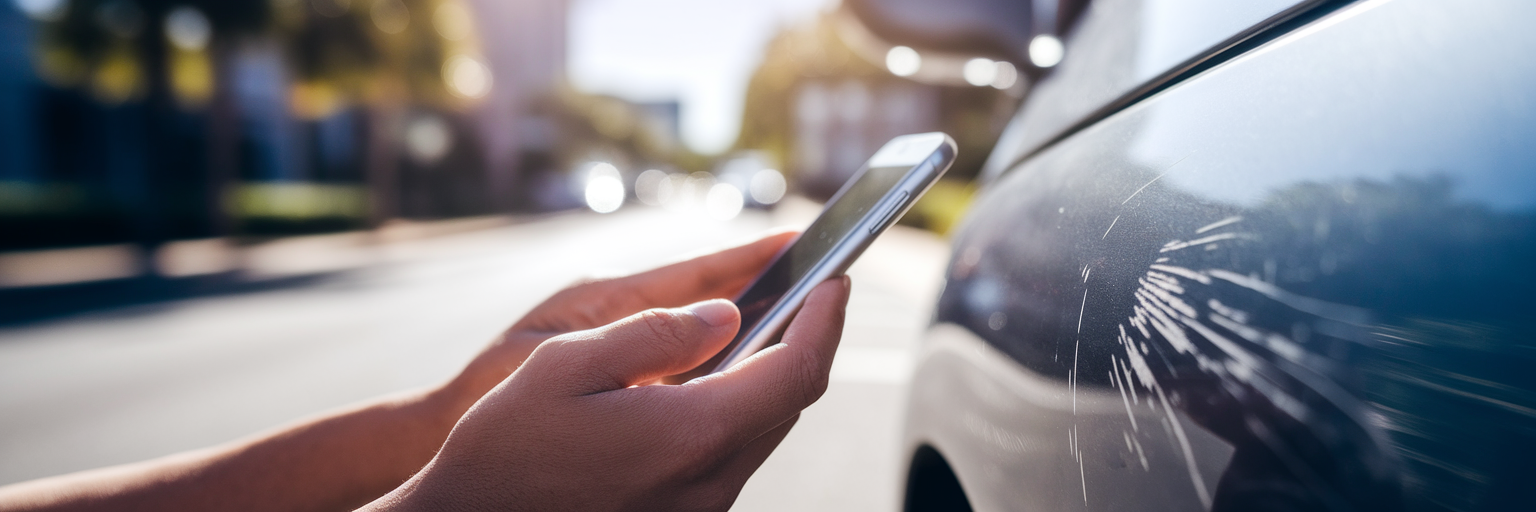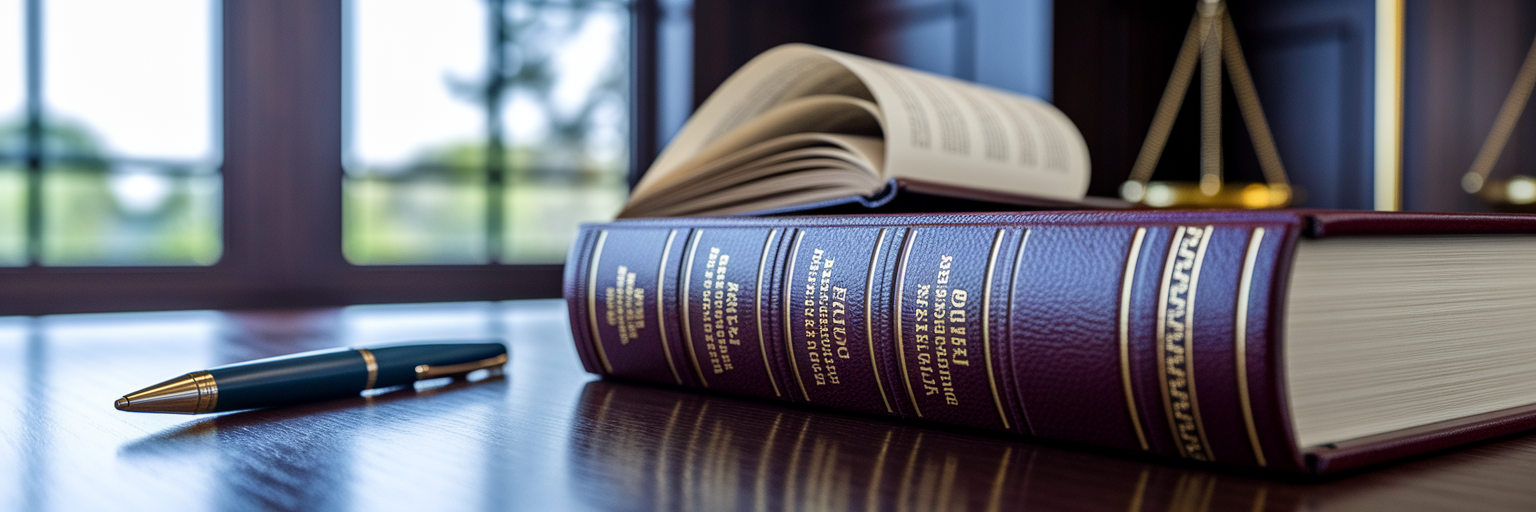The Unique Challenges of a Savannah Highway Collision
Savannah Highway, or US-17, is far more than just another road in West Ashley. It serves as the primary artery connecting the community to downtown Charleston and the island destinations of Kiawah and Seabrook. This creates a unique and often intense mix of traffic. You have daily commuters trying to get to work, heavy commercial trucks making deliveries, and seasonal tourists who are often unfamiliar with the road’s flow and exits. A collision here isn’t just an accident; it’s an event that happens amidst high-speed, high-volume chaos.
The immediate aftermath of a Savannah Highway crash can feel incredibly disorienting. The sound of traffic rushing past only adds to the stress and confusion. This guide provides a clear, actionable plan to help you manage the situation, ensure your safety, and protect your legal rights from the moment a collision occurs.
Immediate Actions to Take at the Scene
In the chaotic moments following a crash, having a clear set of priorities is essential. Your actions at the scene can significantly influence your safety and the outcome of any future claims. Focus on these steps methodically.
- Prioritize Safety Above All Else
Before you do anything else, check yourself and your passengers for injuries. If your vehicle is drivable and it is safe to do so, move it to the shoulder to avoid obstructing traffic and causing another collision. Immediately turn on your hazard lights to warn other drivers. The constant flow of traffic on US-17 makes a stationary vehicle a serious danger. - Contact Emergency Services
Call 911 right away. Even if the accident seems minor, a police report creates an official record of the incident. According to South Carolina law, you are required to report any crash that results in injury, death, or apparent property damage of $1,000 or more, a detail highlighted in the state’s statutes. An officer can secure the scene, gather information, and facilitate medical assistance if needed. - Exchange Information Methodically
Politely exchange information with the other driver. You need their full name, address, phone number, driver’s license number, and insurance details, including the company name and policy number. It is critical to avoid admitting fault or even apologizing. Simple statements like “I’m so sorry” can be misinterpreted by insurance adjusters and used to assign liability for the West Ashley car accident. Stick to the facts.
Preserving Evidence to Strengthen Your Claim
After ensuring everyone is safe, your smartphone becomes your most important tool. The evidence you gather in the minutes after a crash provides the foundation for your insurance claim and any potential legal action. Think of yourself as an investigator documenting the scene. This initial effort can make a significant difference, especially in a complex US 17 accident West Ashley.
Focus on capturing the following details:
- Photographic Evidence: Take more photos than you think you need. Capture wide shots of the entire scene, medium shots of the vehicles’ positions, and close-ups of the damage to all cars involved. Don’t forget to photograph license plates, skid marks on the pavement, and any debris from the collision.
- Environmental and Injury Documentation: Photograph any visible injuries, such as cuts or bruises, as soon as possible. Also, document factors that may have contributed to the crash, like weather conditions, road hazards such as potholes, or obscured traffic signs.
- Witness Information: Independent witnesses are incredibly valuable because they provide an unbiased perspective. If anyone stopped to help or saw what happened, politely ask for their name and phone number. Their account can help clarify disputed facts.
- Video Footage: Look around for any cameras that might have recorded the accident. Note the location of nearby traffic cameras, surveillance systems on commercial buildings, or even residential doorbell cameras.
The evidence gathered after a West Ashley car accident is crucial for any subsequent claim. This is especially true for collisions involving larger vehicles, which often require even more detailed documentation to establish fault.
| Evidence Type | What to Capture | Why It’s Important |
|---|---|---|
| Vehicle Photos | Damage to all cars, license plates, positions | Establishes fault and the extent of damages. |
| Scene Photos | Skid marks, debris, traffic signs, weather | Provides context and can show contributing factors. |
| Injury Photos | Any visible cuts, bruises, or swelling | Documents physical harm for injury claims. |
| Witness Information | Name and phone number of anyone who saw it | Provides unbiased third-party accounts of the event. |
| Police Report | Officer’s name, badge number, report number | Serves as the official record of the incident. |
Navigating Insurance Company Communications
Once you leave the scene, you will enter the administrative phase of the accident. Dealing with insurance companies requires a careful and strategic approach. Remember, the other driver’s insurance adjuster is not on your side; their job is to protect their company’s financial interests by minimizing payouts. This Charleston car accident guide can help you handle these conversations effectively.
- Report the Accident Promptly: You have a contractual duty to notify your own insurance company about the accident in a timely manner. When you call, provide the basic facts of what happened but avoid speculation or emotional descriptions.
- Decline Recorded Statements: The other driver’s insurer will likely ask you for a recorded statement. It is strongly advised that you politely decline this request until you have spoken with an attorney. Adjusters are trained to ask questions designed to elicit responses that can be used to undermine your claim.
- Be Wary of Early Settlement Offers: Insurance companies often make quick, low settlement offers to close a case before the full extent of your injuries and damages is known. Accepting this offer is final and prevents you from seeking further compensation, even if your medical needs increase.
- Keep Meticulous Records: Create a dedicated file for all crash-related documents. Keep track of your claim number, the adjuster’s name, and notes from every phone call. If the process becomes overwhelming, it is helpful to know you can contact our law firm directly for assistance.
Understanding Your Legal Rights in South Carolina
Knowing your rights is the best way to protect yourself after a collision. South Carolina operates under an “at-fault” system, which means the driver who caused the accident is responsible for covering the damages of the other parties involved. This is where the evidence you collected becomes critical, as it helps prove the other driver’s negligence was the direct cause of your losses.
Under state law, you may be entitled to compensation for a range of damages, including:
- Current and future medical expenses
- Lost wages and diminished earning capacity
- Property damage to your vehicle
- Pain and suffering
It is crucial to understand the statute of limitations. In South Carolina, you generally have three years from the date of the accident to file a lawsuit. If you miss this deadline, you lose your right to seek compensation through the court system forever. The principles of proving negligence apply across different incidents, and a strong personal injury lawyer can help build a case based on the specific circumstances of your accident. When fault is disputed or injuries are severe after a West Ashley car accident, navigating the legal complexities alone can be daunting. This is the point where seeking guidance from experienced Charleston car accident lawyers becomes essential to ensure your rights are fully protected.
Protecting Your Recovery After a Wreck
A crash on Savannah Highway is a serious disruption, but you can regain control by taking informed steps. Remember the most important actions: prioritize safety at the scene, document everything you can, be cautious in your communications with insurers, and understand your legal rights. One of the most important things to do for your well being is to seek a full medical evaluation, even if you feel fine. Injuries like whiplash or internal damage can have delayed symptoms that appear days or weeks later.
By following this guidance on what to do after a car accident in SC, you put yourself in the best position to protect your health and financial stability. This allows you to focus on what truly matters: your recovery. By taking these proactive steps, you can manage the aftermath of a collision and begin the road to recovery. For more information on how our firm approaches these cases, you can learn more about Roden Law.


